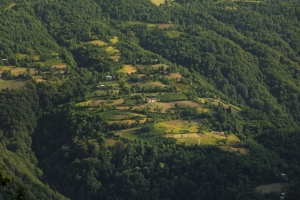Int'l Mountain Day 2020: CENN Offers Recount of Ongoing Projects Supported by EU & ADC
In Celebration of International Mountain Day we take a closer look at progress made in the mountaineous areas of Georgia, in particular we look at the EU supported Keda LEADER project, implemented by CENN to celebrate initiatives that foster the local economic growth, environmental protection, and social inclusion. This year, the focus of the International Mountain Day is biodiversity, within the Keda LEADER project a number of local initiatives were funded that protect or advance Keda’s particularly rich biodiversity. In addition, we share with you a new initiative on developing an infrastructure for mountain biking route in Upper Adjara.
Mitigating Deforestation
Avtandil Tsintsadze
A local entrepreneur, Avtandil Tsintsadze became the winner of the Keda LEADER grants programme as part of which he set up an enterprise producing concrete poles and fences for vineyards that replaced the wooden poles.
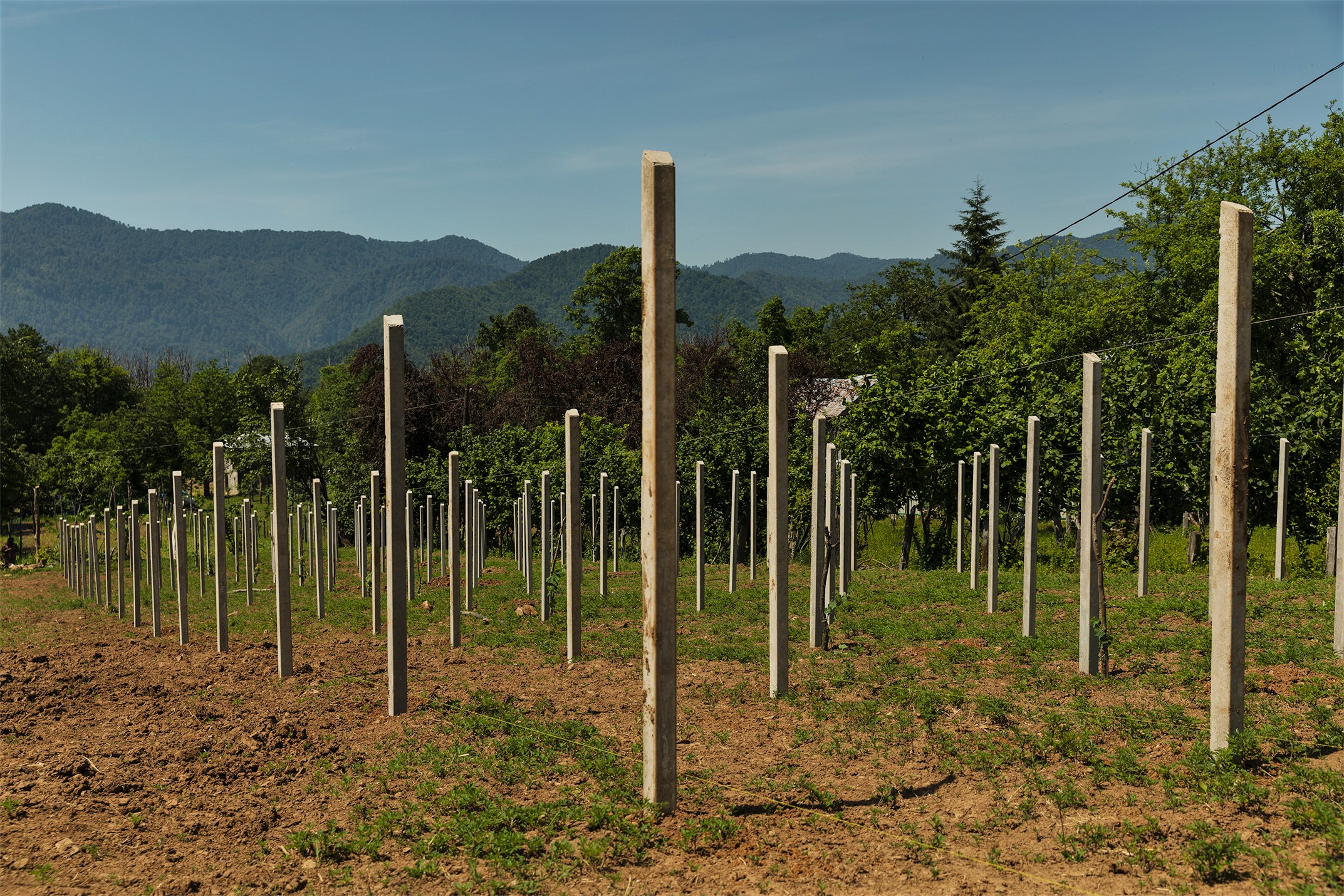
Around 180 hectares of land in Keda are used for Vineyards and winemaking is becoming increasingly popular. Similarly, the wine from Upper Adjara is becoming increasingly in demand on the market.
Cultivation of vineyards requires the use of a large amount of wood resources due to the fact that vineyard poles are mostly made of wood. Deforestation greatly threatens eco-systems and biodiversity, this is particularly an issue as the local community largely relies on firewood as a sources of heating.
Avtandil Tsintsadze’s enterprise reduces the need to cut down trees, employees local workers and although it is the only enterprise in the area which provides this service, is able to meet the demand in the region. The concrete poles are more durable and last longer (50-60 years). The enterprise can produce 5000 poles per year.
Supporting local Bee Keepers
Pollinators strongly influence ecological relationships, ecosystem conservation and stability, and floral diversity, among other things. Among the pollinating insects, bees are the major pollinators. Several dozens of bee species exist around the world, among which the Caucasian Honey Bees hold a very important place.
Recently, there has been a trend of decline of bee population in the world, which is most likely caused by the spread of diseases, incorrect methods of treatment, as well as excessive and improper use of pesticides.
It is well known that 80% of entomophilous crops are pollinated by bees, which is a prerequisite for increased yields. Consequently, the decrease in the number of bees leads to a decrease in the production of most species of agricultural crops.
Within the EU supported Keda LEADER proejct, CENN produced a guide book about beekeepers and honey production in Georgia and Europe.
In addition, the project also funded several beekeepers, helping them grow their production and increase the quality of care and treatment of the bees. Here are some of the businesses funded:
Lamzira Khinikadze
Lamzira produces a variety of honey products such as a variety of honey, honey spirit, bee wax and others. The project supported her to build a honey house where international and domestic tourists can visit, taste and experience beekeeping and production of honey.

The project allowed Lamzira to purchase modern equipment, expand production and acquire additional bee families.
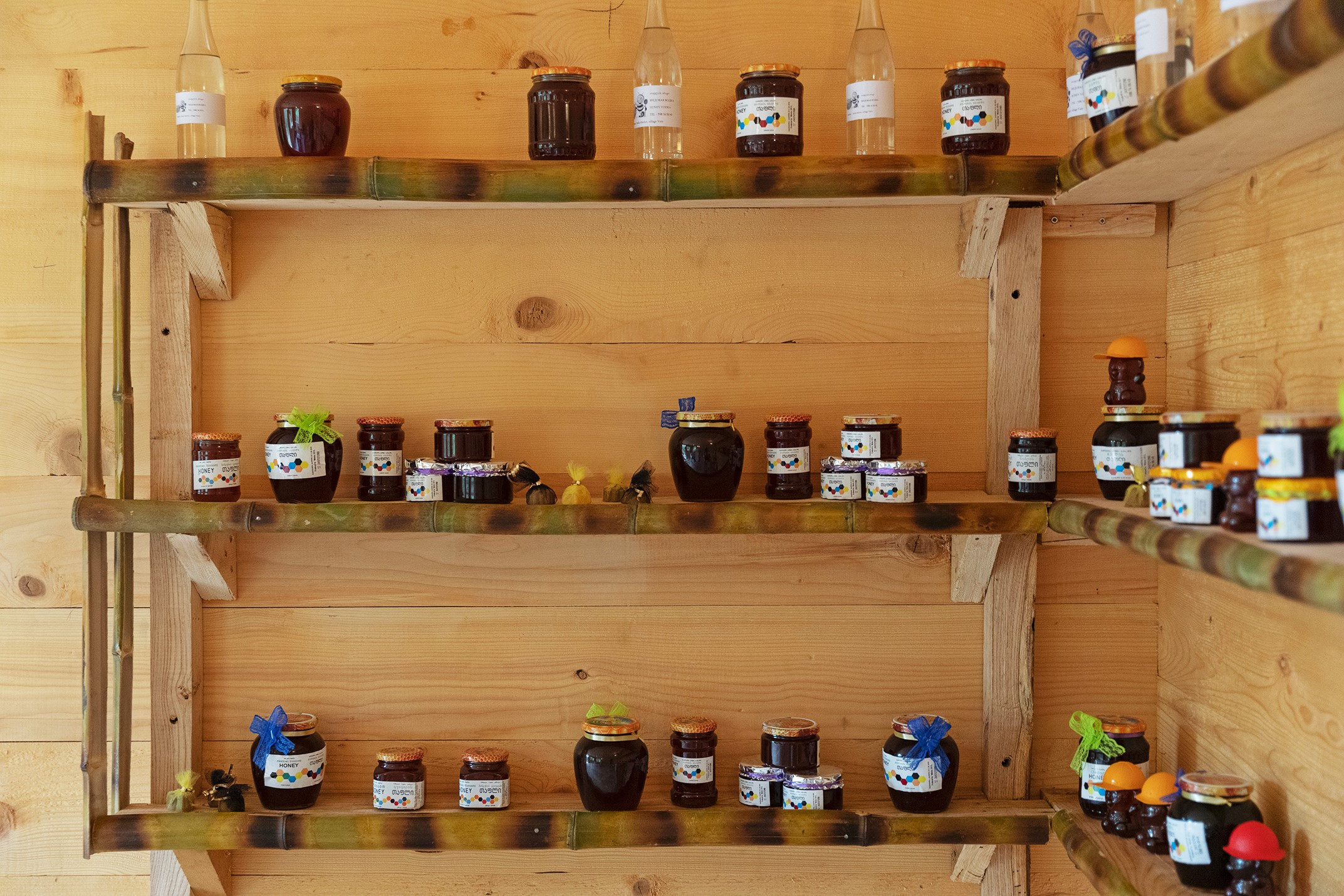
Revaz Turmanidze
In the village of Pirveli Maisi, Keda Municipality, there is a beekeeping farm, where highly valued bee products are produced (royal jelly, bee pollen, flower pollen, bee glue (propolis), etc.). At the same time, the farm provides recreational and demonstrational/educational services.

New features have been added to the existing beekeeping within the project. With the obtained funding, repairment was carried out on the territory of the farm. Paths and resting huts were arranged. The area was equipped with beehives and exhibition spaces, royal jelly collection and inhalation rooms were arranged.
The beekeeping farm has become a demonstrational, educational and recreational space that promotes agro-tourism and beekeeping.
Roman Gatenadze
Roman Gatenadze has been involved in the beekeeping industry since 2014. Along with honey, he produces other bee products - propolis, wax, chaff, bee pollen, honey spirit, all of which are eco-friendly products. The manufacturing process is done without the use of antibiotics and large amounts of sugar.
Within the framework of the project, the existing beehives in the village of Kvashta were renovated, the apiary was equipped with special machinery, such as: special honey decrystallization machine, steam wax melter, stainless steel utensils and other necessary technical resources.
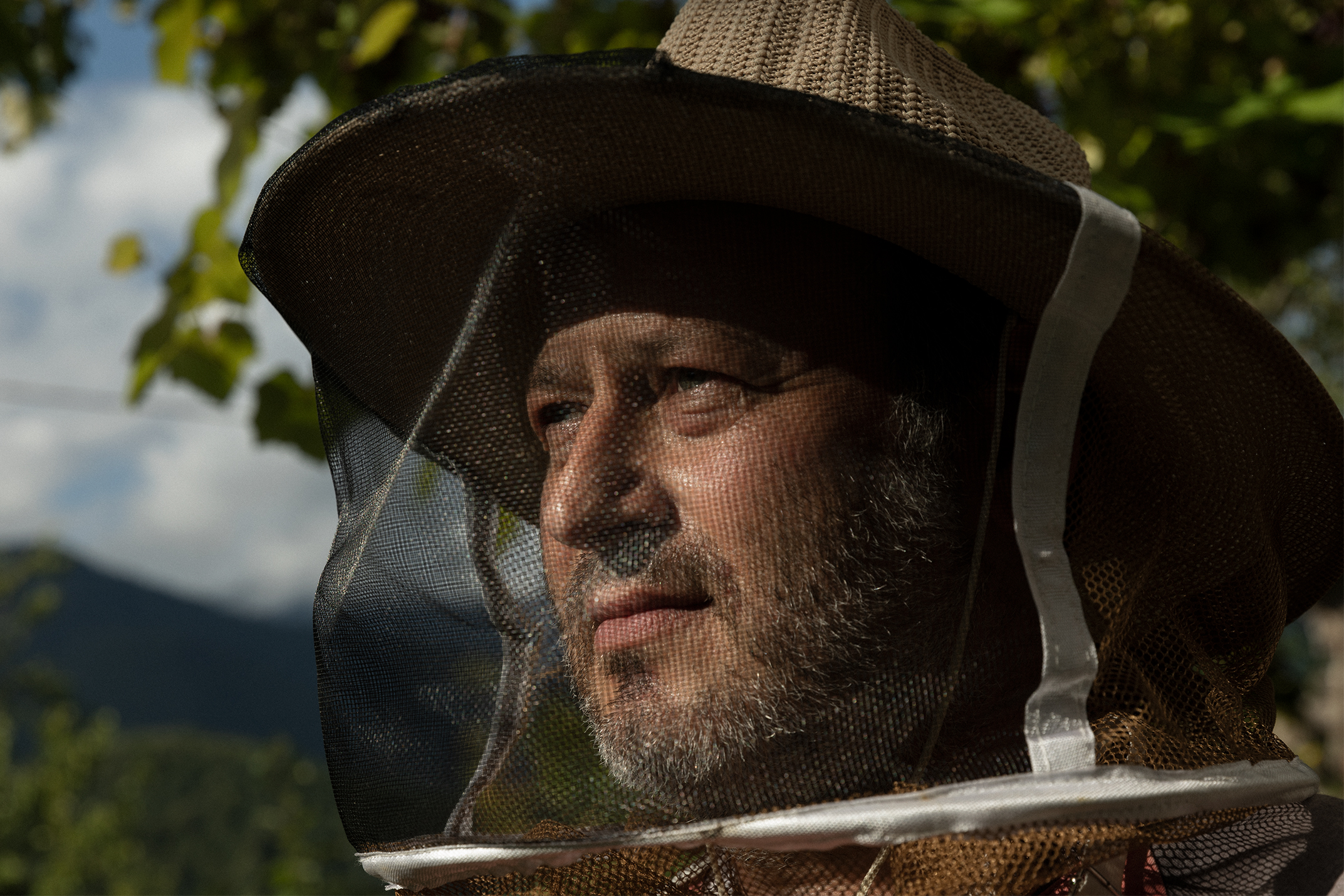
Roman Gatenadze has 15 years of experience in bee care, which gives him the opportunity to expand the farm and make his business more profitable through new equipment, because bees bring good not only to the farmers, but also to nature.
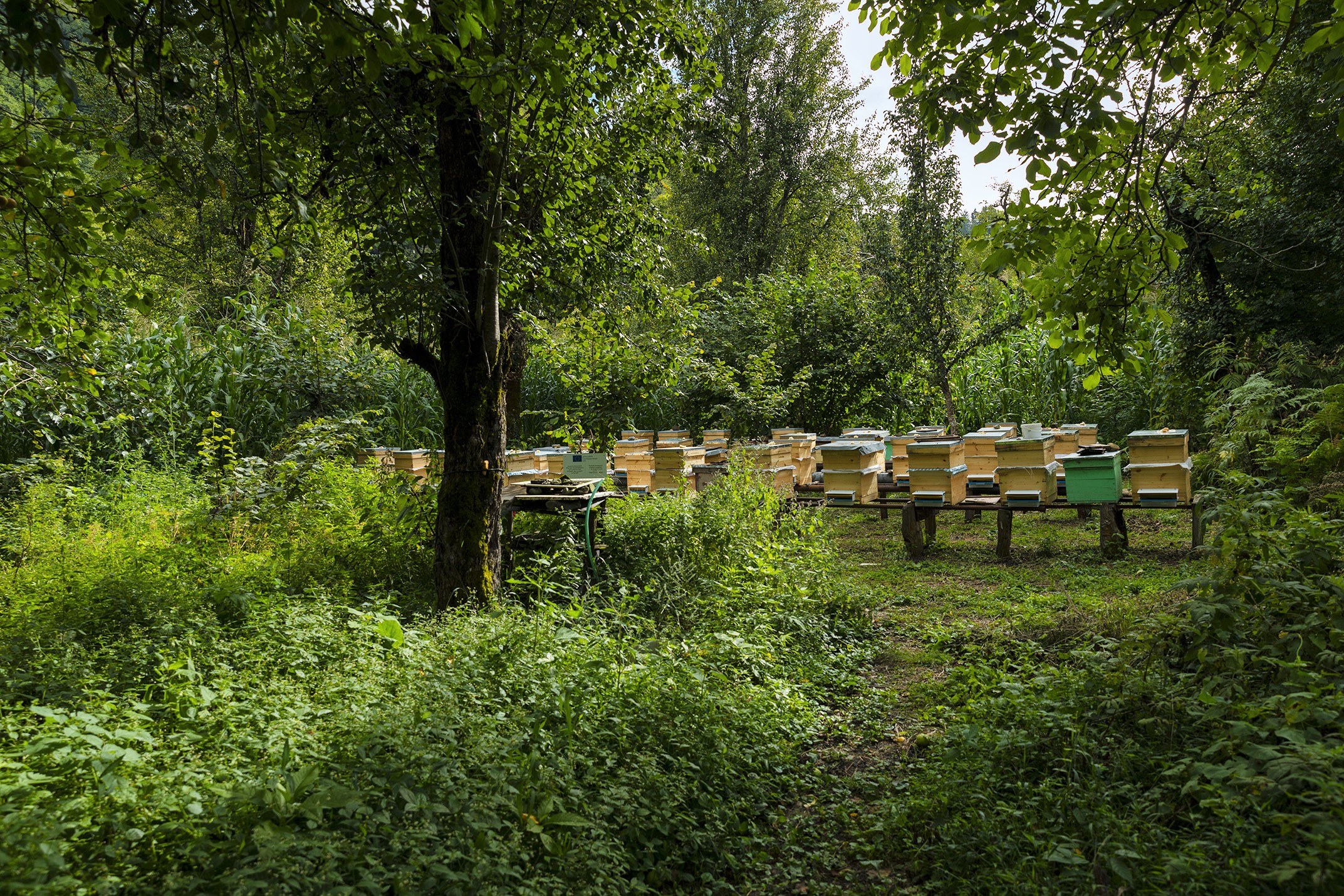
Diversifying mountain economy
Developing the mountain biking infrastructure in upper Adjara
With the aim of developing adventure and sport tourism, for the first time an extreme mountain biking path infrastructure is being developed in Upper Adjara. The route spans over 6 kilometers connecting Shuakhevi and Keda to one another. There will be an easy path as well as an extreme downhill run.
Along the path, there will be rests and recreational spaces, bike stations, water points, lavatories and others. Please see the infrastructure project video
The project is being implemented by the tourism product development agency along with CENN with financial support from the EU and Austrian Development Cooperation.












